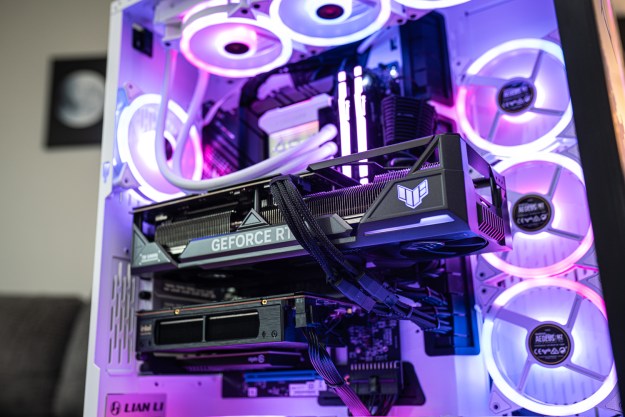
Yesterday was a day of mixed news for Google, which has just published its financial report for the first quarter of 2011.
Although profits were up an impressive 17 percent, the report showed that earnings for that period didn’t quite meet with expectations.
Earnings per share were put at $8.08, just short of the forecast of $8.10, but even that seemingly small margin was enough to send the Internet giant’s shares sliding 5 percent to $548.90 by the close of trading in New York.
This isn’t the kind of start Larry Page, the recently appointed CEO of Google, would necessarily have wanted in his new position.
According to a report in the LA Times, the famously reticent Mr. Page only spent a few minutes talking with analysts during the quarterly conference call, telling them that he is “very optimistic” about the future of the company.
As another report in the LA Times points out, it’s only the fifth time in the last 27 quarters that Google hasn’t met Wall Street expectations – a statistic many companies would die for – so it’s hardly troubled times. But maybe there is just a flicker of doubt creeping into the minds of some investors.
Page’s recent hiring of almost 2,000 new workers (with 4,000 more joining later this year) was certainly a bold move, and something which would have contributed to the profit shortfall shown in the financial report.
The concern among investors is that Page may be investing too much in projects that might need a long time to return a profit. But perhaps his long-term thinking will win out.
In a statement issued on Thursday, Google CFO Patrick Pichette preferred, not surprisingly, to focus on the positive. “We had a great quarter with 27 percent year-over-year revenue growth,” said Mr. Pichette. “These results demonstrate the value of search and search ads to our users and customers, as well as the extraordinary potential of areas like display and mobile.”
He goes on to talk about Google’s recent spending: “It’s clear that our past investments have been crucial to our success today – which is why we continue to invest for the long term.”


